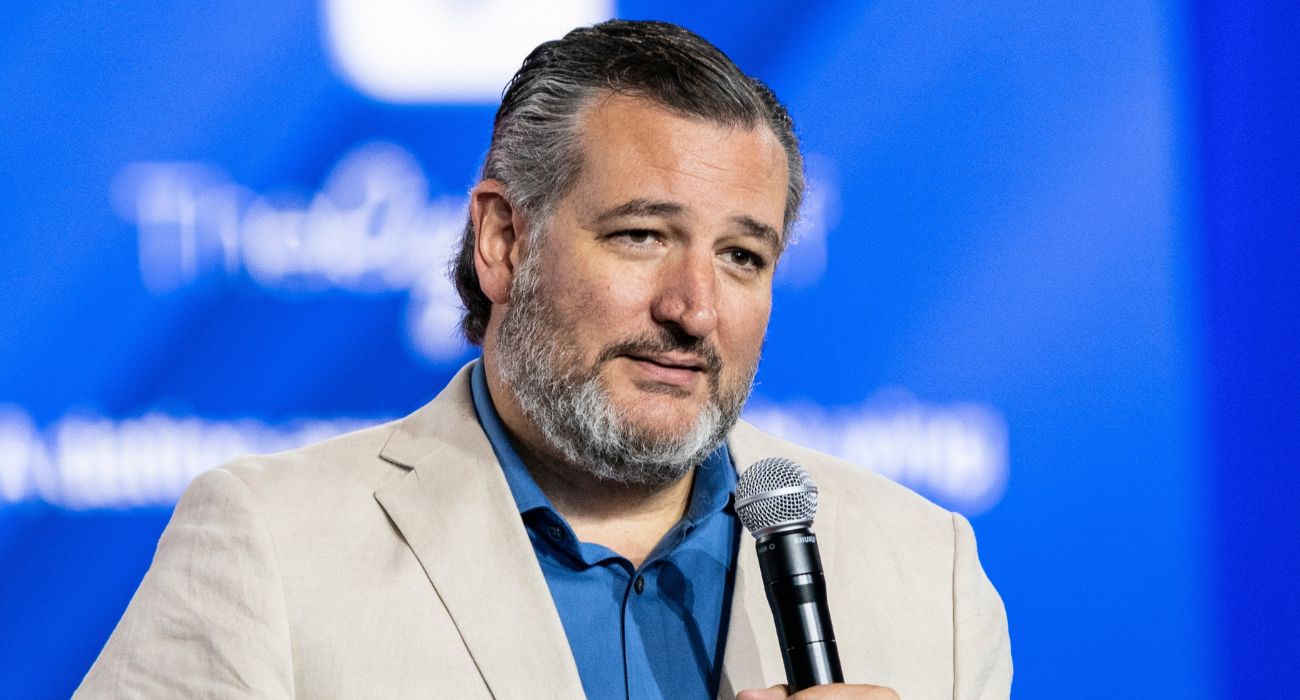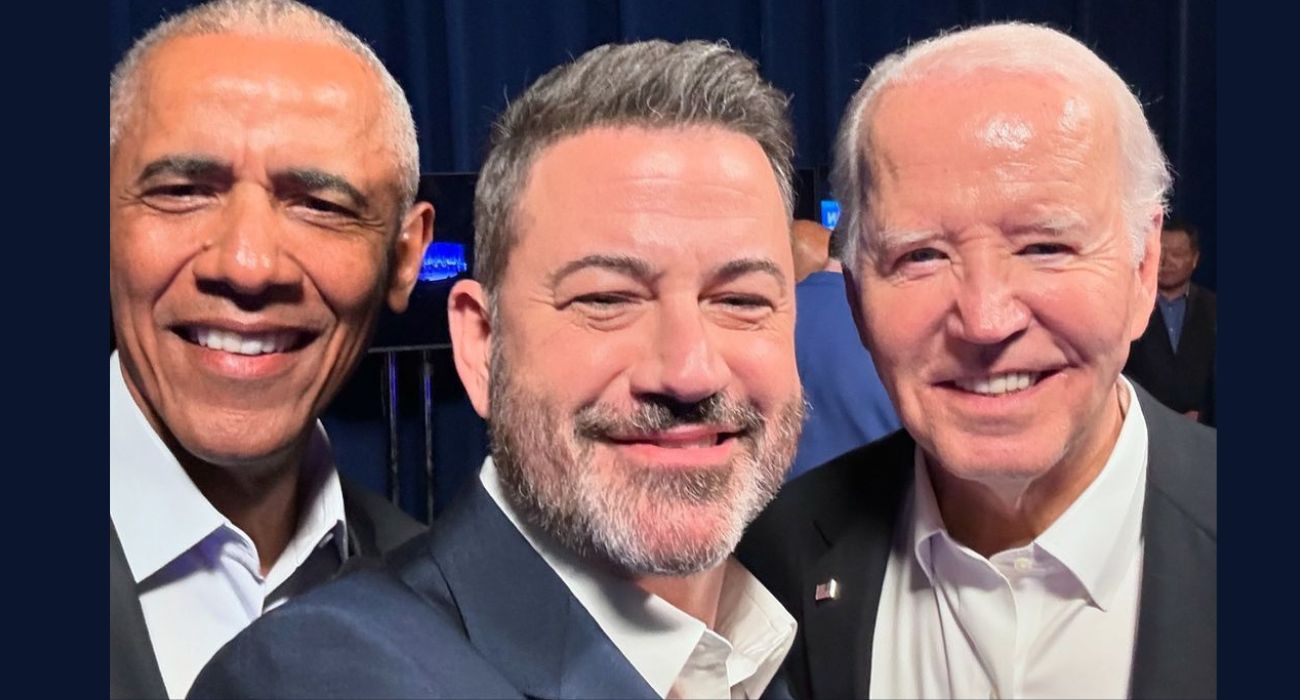Israeli Prime Minister Benjamin Netanyahu and U.S. President Joe Biden appear to be at odds over the former’s attempt to overhaul the national judiciary system.
Netanyahu has faced months of strikes and protests by Israeli citizens concerned that his proposed reforms would undermine the independence of the national courts.
Biden openly criticized Netanyahu’s plan when asked by a reporter whether he was worried about the state of Israel’s democracy on March 28.
“Like many strong supporters of Israel, I’m very concerned,” Biden responded, per a news release from the U.S. Embassy of Israel. “They cannot continue down this road. And I’ve sort of made that clear.”
Noting that he had sent Netanyahu a message through the ambassador, Biden added, “Hopefully the prime minister will act in a way that he can try to work out some genuine compromise. But that remains to be seen.”
Netanyahu reacted to Biden’s words in a tweet, “Israel is a sovereign country which makes its decisions by the will of its people and not based on pressures from abroad, including from the best of friends.”
He also wrote, “I have known President Biden for over 40 years, and I appreciate his longstanding commitment to Israel. The alliance between Israel and the United States is unbreakable and always overcomes the occasional disagreements between us.”
While veiled in politeness, this public back-and-forth is rare and reflects the cooling off of American-Israeli relations, especially with the Democratic Party.
Netanyahu did not have a great relationship with the Obama administration after addressing Congress in 2015 to rail against an American-led nuclear negotiation attempt with Iran. He also backed Donald Trump in the 2020 presidential election.
Other Israeli lawmakers from Netanyahu’s coalition government were more direct in criticizing Biden’s recent remarks.
During a radio interview the following day, Itamar Ben-Gvir, minister of national security and leader of the ultranationalist Jewish Power party, emphasized that the judicial reforms were an internal matter.
“Israel is an independent country and not another star on the US flag,” he said, per The Times of Israel.
Likewise, Nissim Vaturi, a politician from Netanyahu’s Likud party, explained in an interview that interference from the U.S. would not be allowed and then criticized the U.S. practice of allowing the president and Congress to select and confirm the Supreme Court chief.
“We are probably a bit more democratic that the system there,” Vaturi suggested, per The Times of Israel.
The GOP has also chimed in on Biden’s remarks.
“If during these already dangerous days Israel is attacked by Hezbollah, Hamas or Iran it will be because Joe Biden decided to involve himself in Israeli politics,” Senator Marco Rubio (R-FL) tweeted.
Netanyahu’s attempt at reforming Israel’s judiciary system aims to rein in what he claims are the interventionist powers of the courts.
On the other hand, Netanyahu’s critics point to his own ongoing trial for corruption allegations as being at the center of his reform plans.
They also note that the changes — which would give parliament the final say over appointing judges and the authority to overturn the country’s highest court, as well as limit the court’s review of legislation — would concentrate power in the hands of Netanyahu’s coalition.
A group of army reservists known as Brothers in Arms is one of the main organizers of strikes and protests against the reform.
Activist leader Eyal Nave said that one-third of reservists were refusing to serve, per All Israel News.
Addressing Netanyahu, Nave said on March 24, “Our society is falling apart into rival tribes. Stop. You have four years [to enact judicial reforms]. Sit with people who have different views from you.”
In light of these heavy protests and fearing “civil war,” Netanyahu agreed to freeze plans to reform the judicial system on March 27 and will sit down with his opponents to discuss the matter.
“To them I extend my hand and I do so after having received the consent of most of my colleagues. When there is a chance to prevent civil war through dialogue, I – as Prime Minister – will take a time-out for dialogue,” Netanyahu said in a televised speech, per The Times of Israel.
On March 29, John Kirby, national security council coordinator for strategic communications, told reporters that “there’s a lot to like about” Netanyahu’s move to delay the reform and work towards a consensus.
Yet analysts suggest that the damage has already been done in terms of American-Israeli relations, with a greater consequence potentially being the waning of U.S. support for Israel.
“This is the most blatant and emphatic public criticism of Israel from a U.S. president in decades,” Alon Pinkas, a former Israeli consul-general in New York, wrote in an op-ed in Haaretz on March 29.
He noted that this points to “a fundamental crisis of trust” in which officials in the U.S. are “asking whether a dependable U.S. ally is becoming unstable, unreliable and untrustworthy.”






